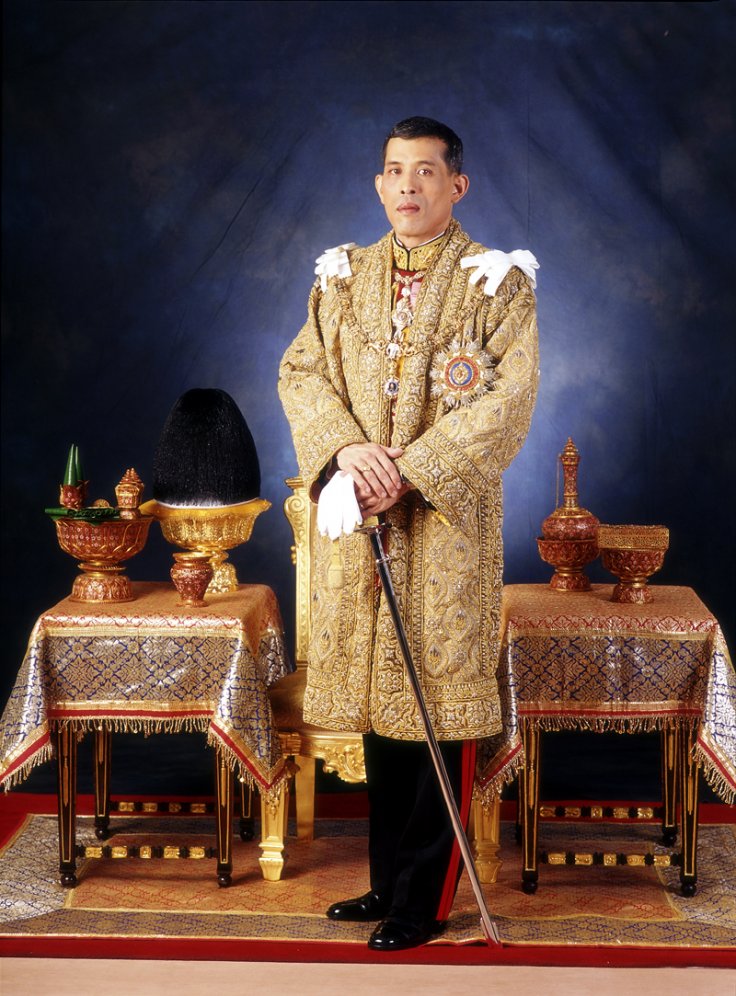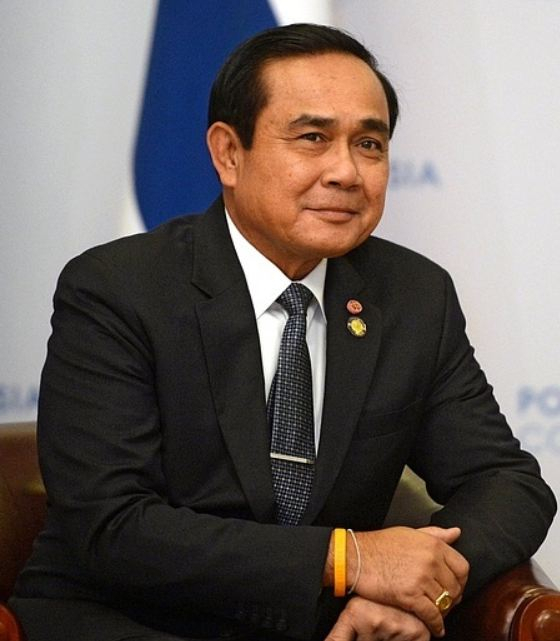Thailand has once again used the notorious Lese Majeste law to scupper simmering anti-government protests. As many as seven top protest leaders were charged under the draconian law on Monday, November 30. The charges of insulting the monarch, if proved, can lead to imprisonment of up to 15 years.
The return of the lese majeste rule after more than two years showcases the Thai government's determination to smother the ongoing public protests.

Rights lawyer and protest leader Anon Nampa said he was ready to fight in the justice system. "112 is an unjust law. I don't give it any value," he said. Other prominent leaders charged under the law include Panupong Jadnok, Panusaya Sithijirawattanakul and Parit Chiwarak.
Some of the key demands raised by the protesters include curbing the king's powers and reversing changes to the constitution that give the monarch full control of the royal fortune. Thai monarchy is known to be one of the wealthiest in the world.
The absolute monarchy ended in 1932, but the king has been the single most potent source of power in the country. Nascent democracy was suspended multiple times by the army at the behest of the monarch, history shows. The army carried out some 13 successful coups after the end of absolute monarchy in 1932, crippling the growth of democracy in the country.

The current government is headed by Prime Minister Prayut Chan-o-cha, who overthrew an elected government in 2014. Prayut was a former army chief. The Thai protesters also demand the removal of Prayut, who they say manipulated last year's election.
The protests spiraled into the most severe challenge to the monarchy of King Maha Vajiralongkorn in recent years. Vajiralongkorn took power following the death of his long-serving, and much revered father, King Bhumibol Adulyadej, in 2016.
What is Thailand's Lese Majeste?
The lese majeste law is primarily intended to protect the king and the immediate royal family members from public criticism. It stipulates up to 15 years in prison for anyone convicted of defaming, insulting or threatening the king, queen, heir or regent.
The modern concept of lese majeste was adopted into Thailand's first criminal code in 1908. The law states that "whoever defames, insults or threatens the king, queen, heir-apparent, or regent shall be punished with imprisonment of three to 15 years."
The roots of the lese majeste law are traced back to the 19th Century when those convicted under this law were punished by beheading. There was also the practice of chopping off the ears, hands and feet of the convicts.
Under the draconian law, which has been a subject of criticism from rights groups across the world, anyone who "defames, insults or threatens" a member of the Thai royal family will be punished, and it's mandatory for the government to start criminal proceedings against anyone who has been accused of royal insult.
Apart from comments or action deemed to insult the monarchy there are other situations that invoke the lese-majeste law. For example, referring to anything from Thailand's history that could be construed as damaging the monarchy's image is punishable.
In 2007 a local politician was given two years for talking on a radio program about slavery during the 19th century. Singing satirical songs about the royal family is also punishable.









